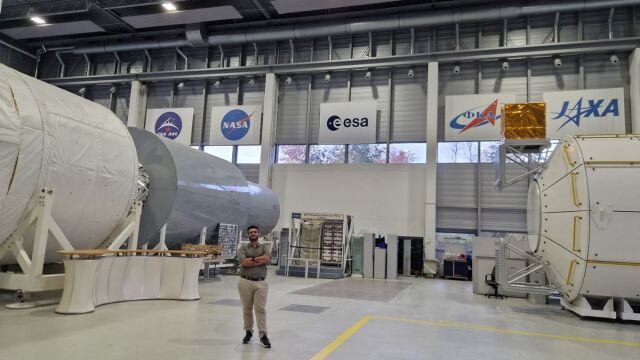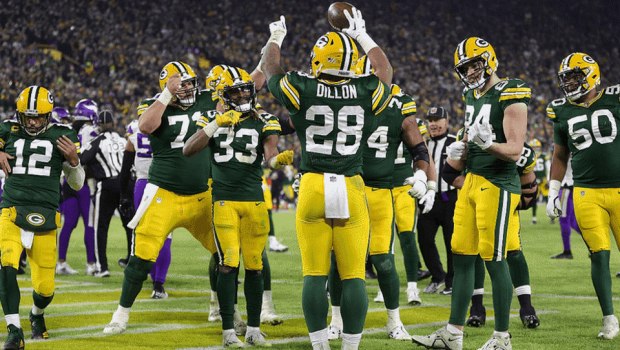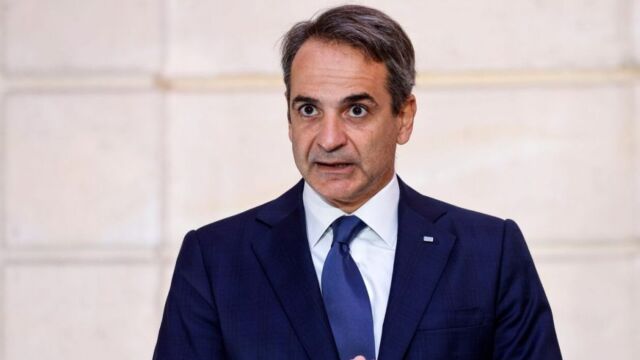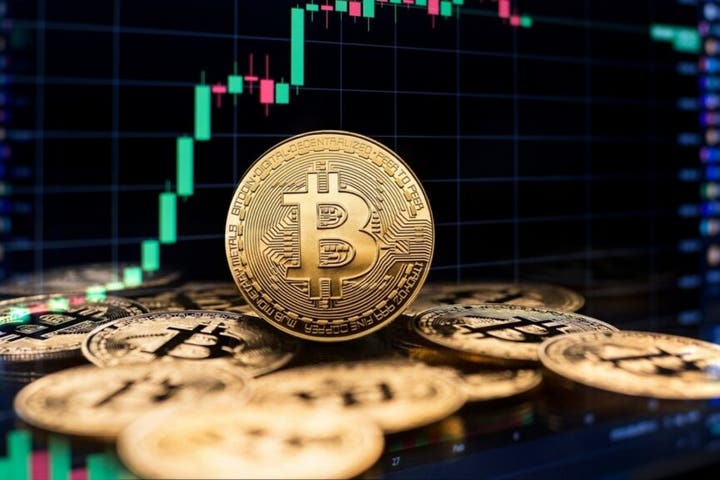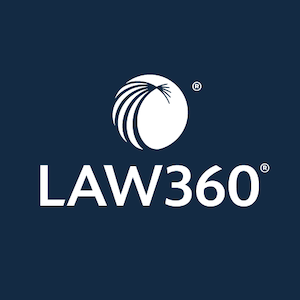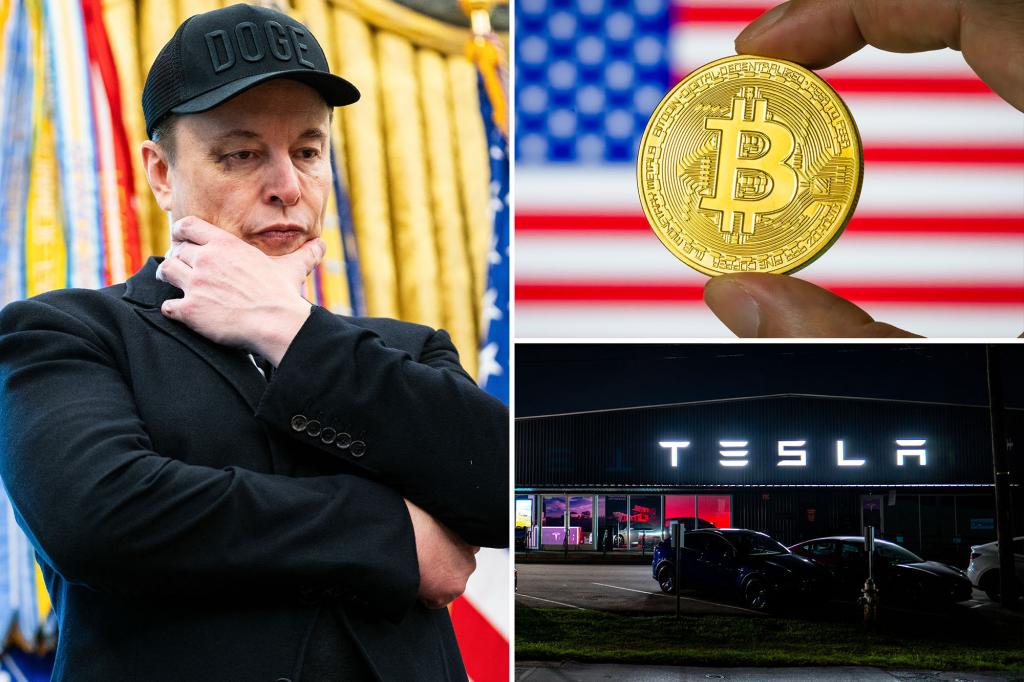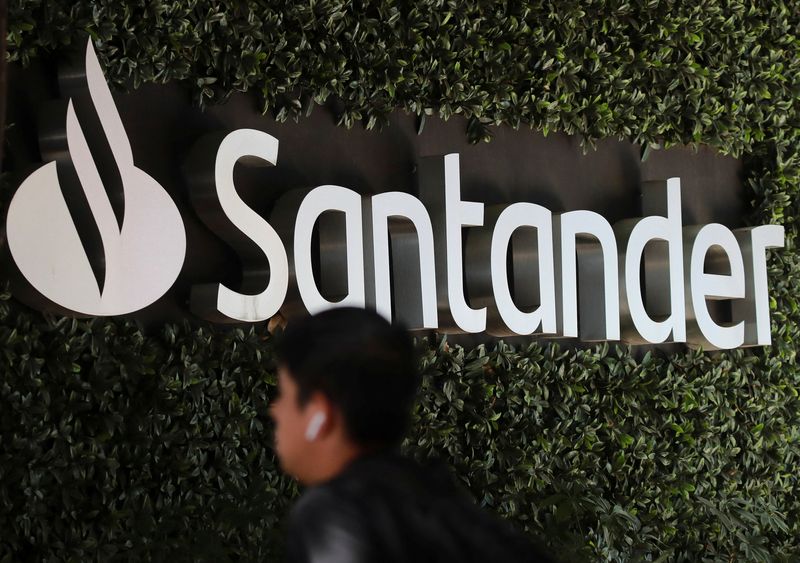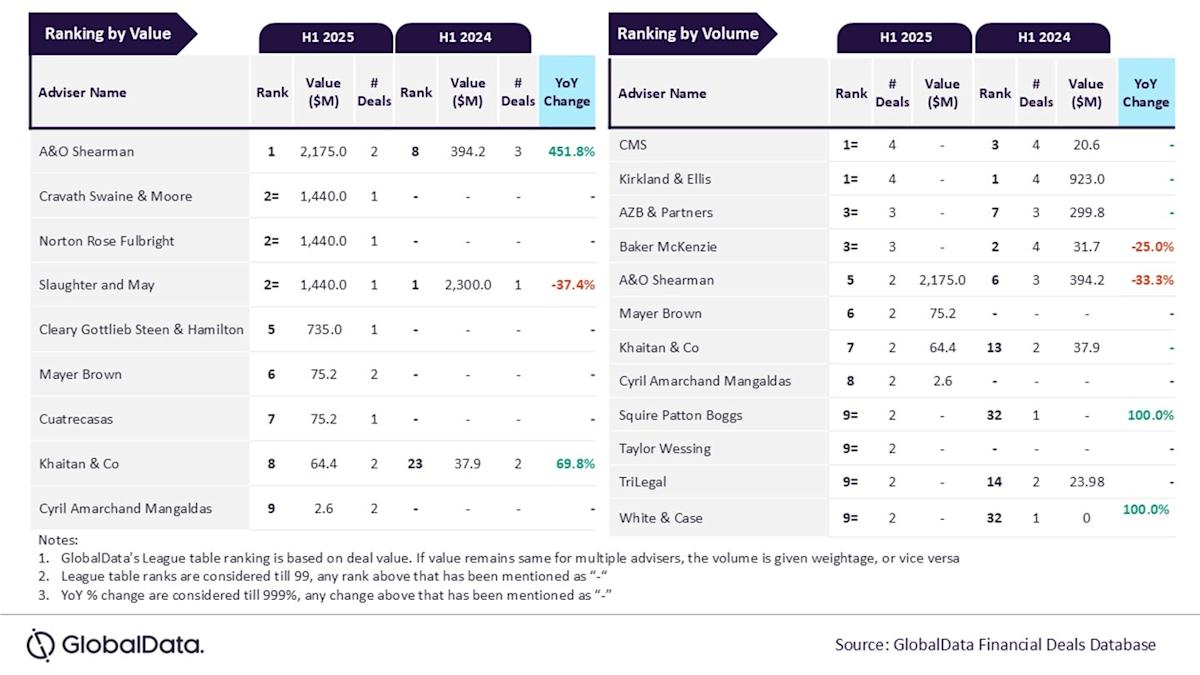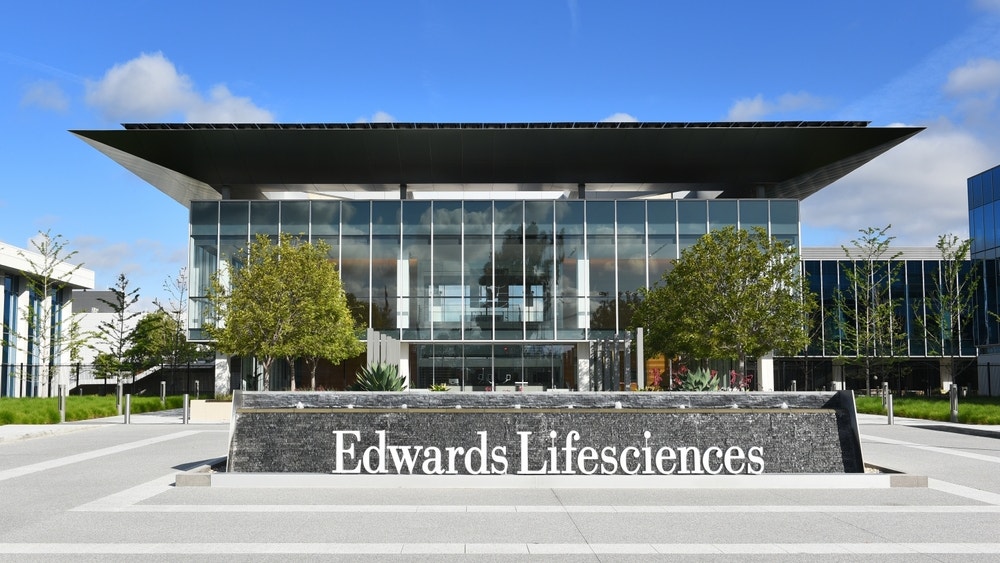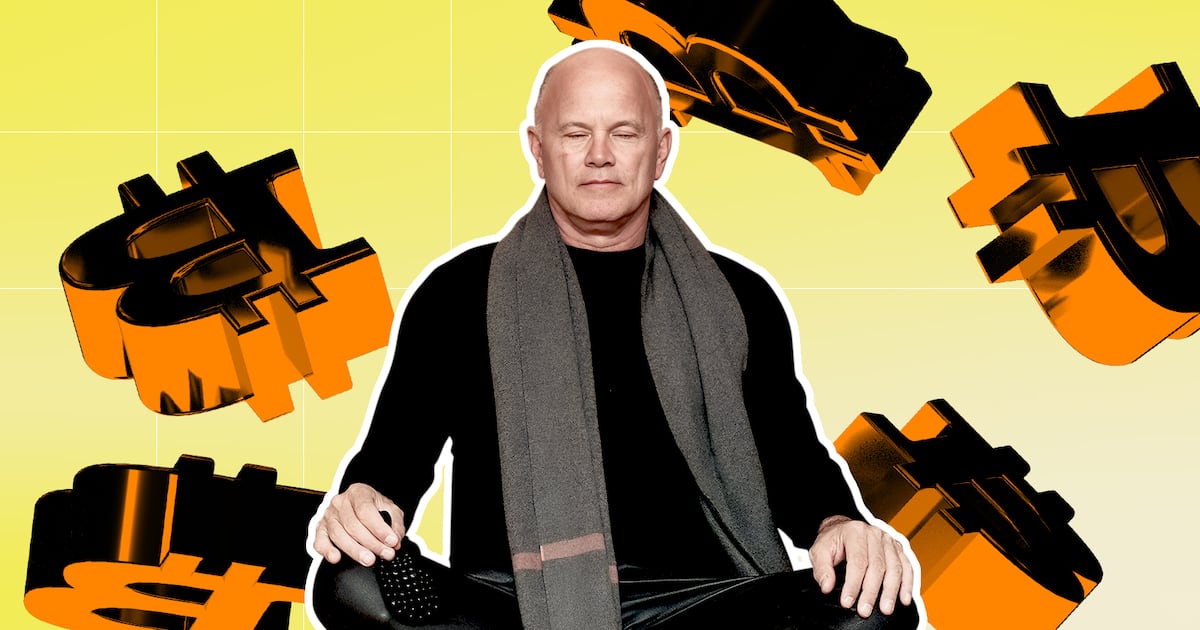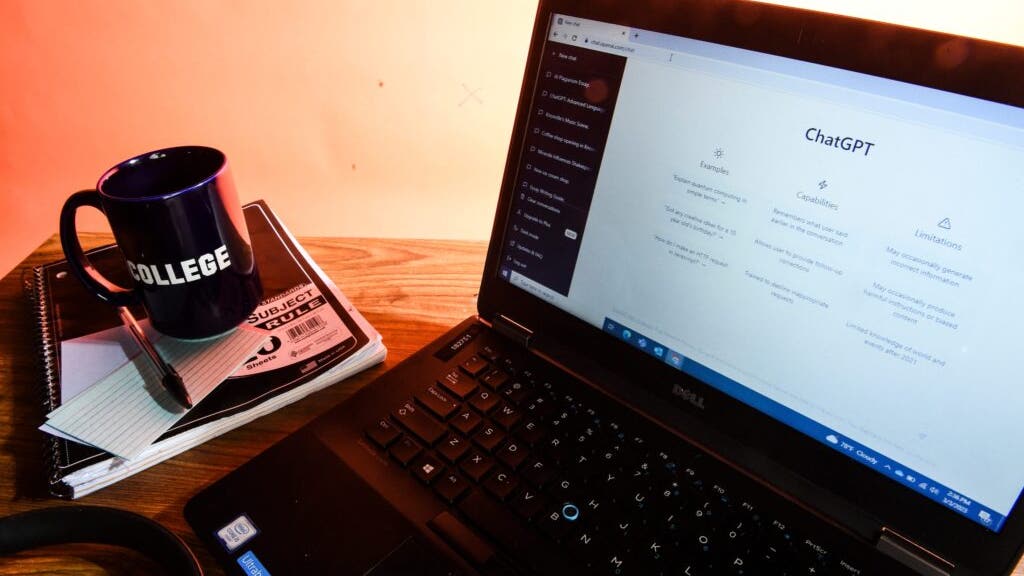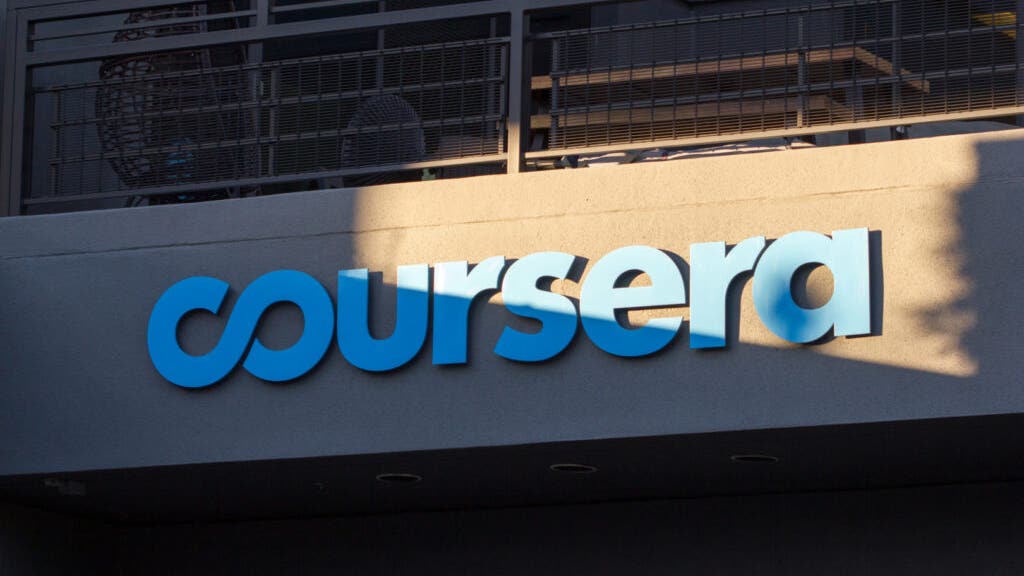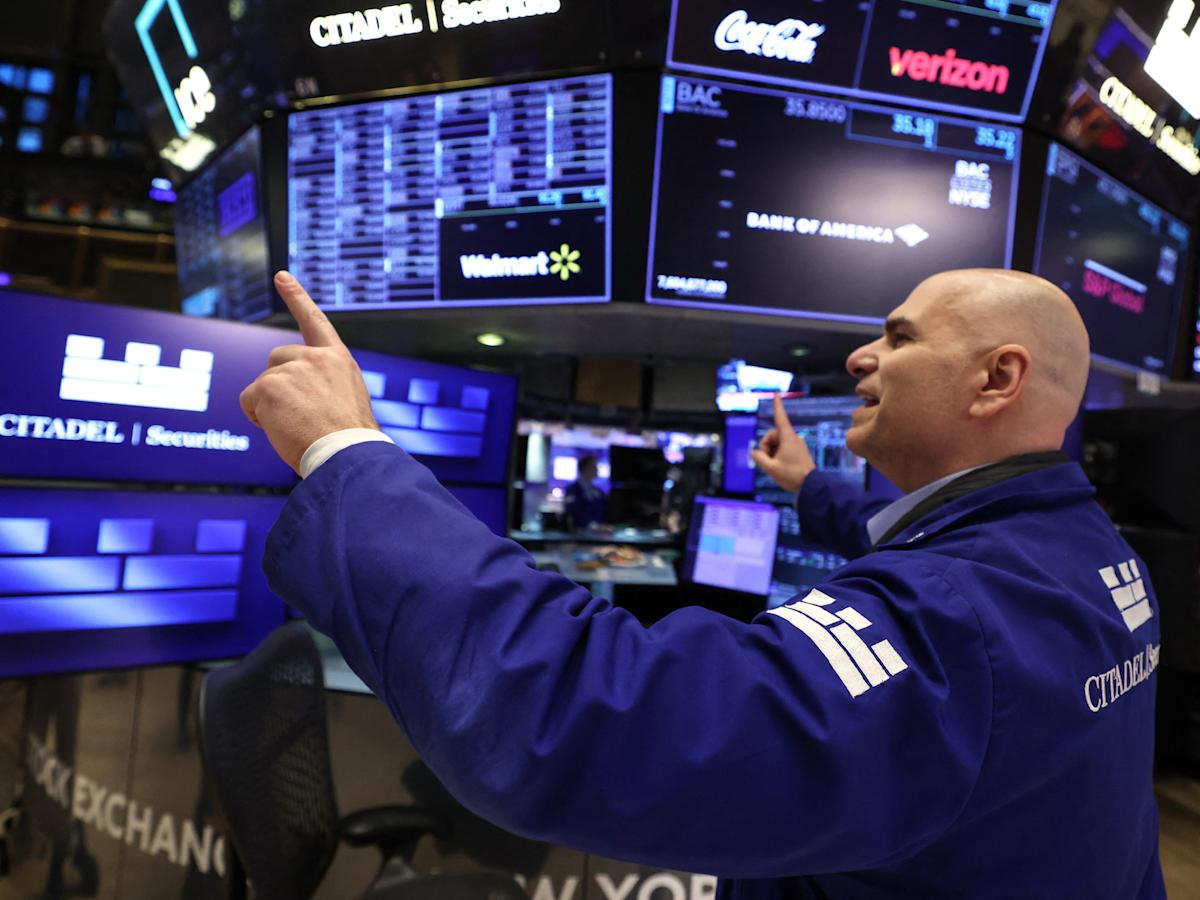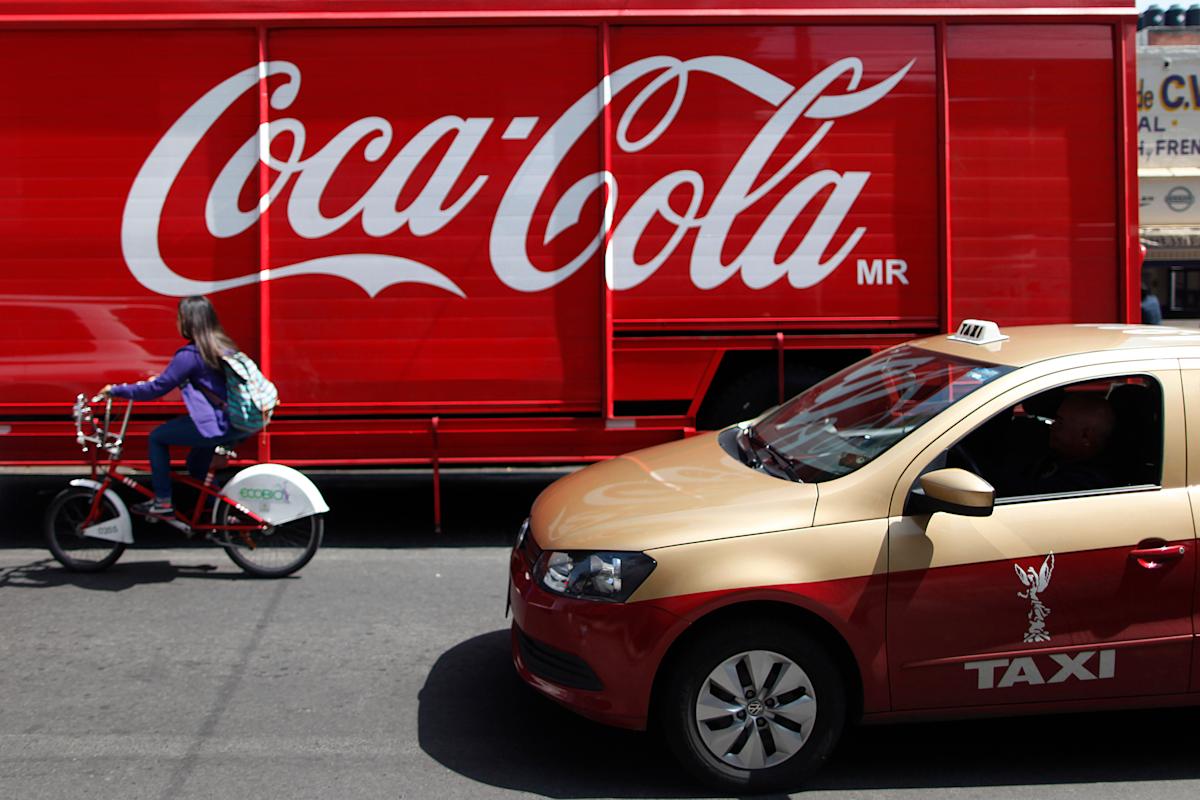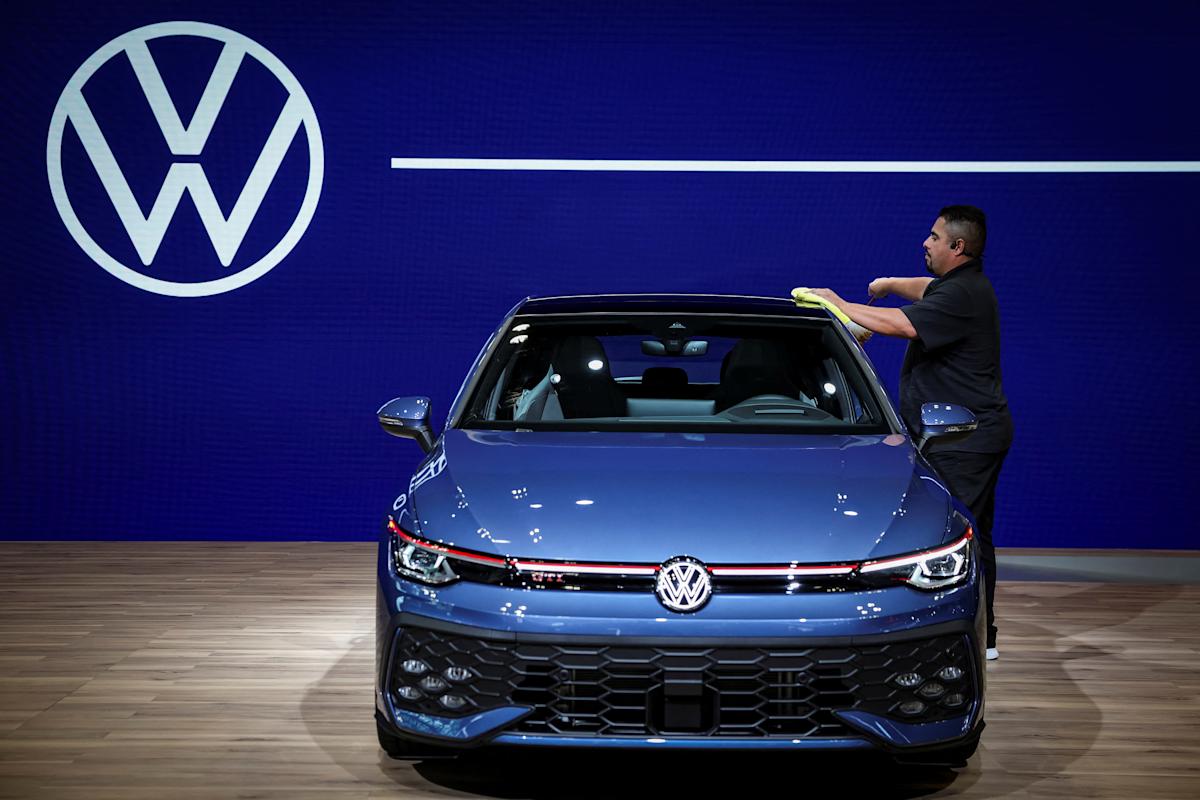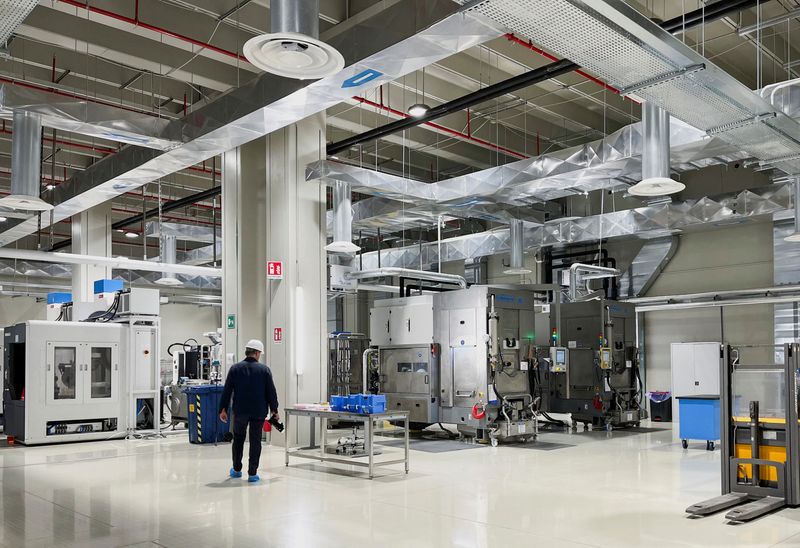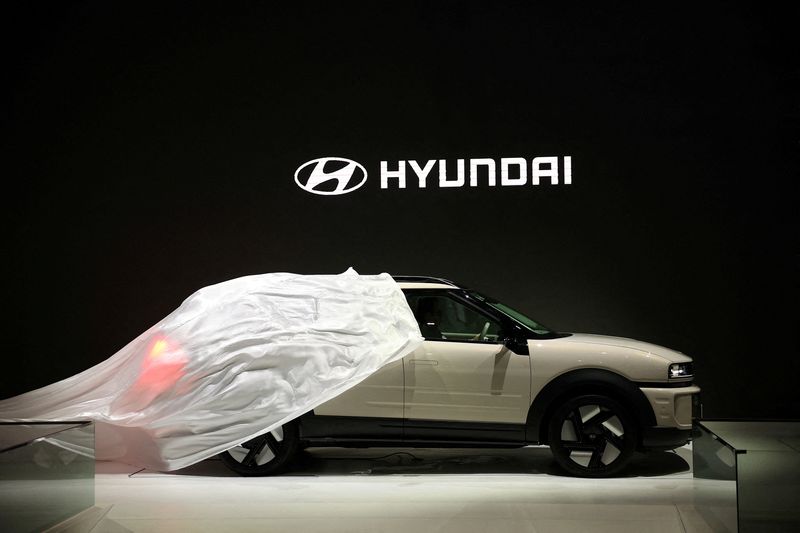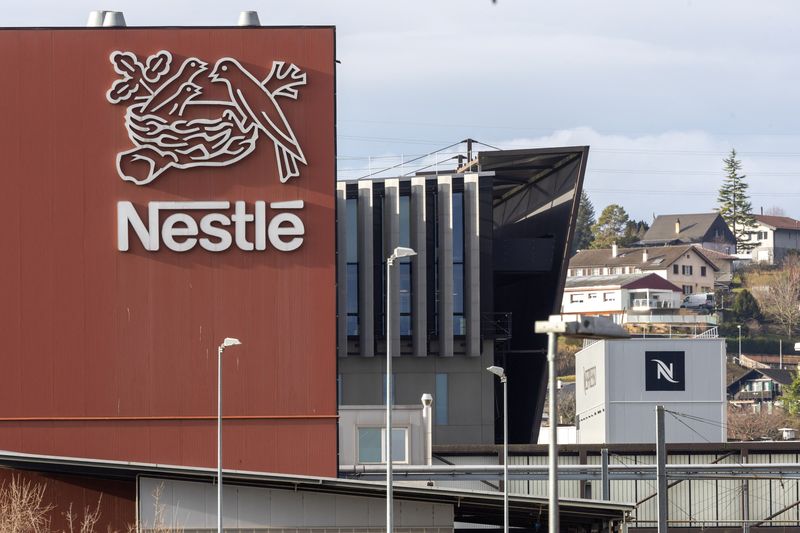Bright spots emerge in corporate earnings as tariff uncertainty lingers
"AI is one of the strongest areas of growth for the economy, and the market mirrors the economy," said Adam Sarhan, chief executive of 50 Park Investments.
To be sure, the market's reaction may be in part because a larger-than-normal percentage of companies are clearing a lowered bar for estimates. At the beginning of April, the market expected 10.2% year-over-year S&P earnings growth, but by July, that number had dropped to 5.8%, according to LSEG data. With about 30% of constituents reporting results, the blended earnings growth rate sits at 7.7%.
TECH GOES FULL SPEED AHEAD
AI-focused businesses continued to print money in the most recent quarter. Nvidia supplier SK Hynix posted record quarterly profit, boosted by demand for artificial intelligence chips and customers stockpiling ahead of potential U.S. tariffs.
Indian IT services provider Infosys raised the floor of its annual revenue forecast range to 1% to 3%, from flat to 3%, matching analyst expectations.
"The tech community is going ahead full speed ahead... and banks are in a very strong position now," said Bill George, former chairman and CEO of Medtronic and executive education fellow at Harvard Business School. "Other companies will struggle to get growth."
UNCERTAIN CONSUMER
Consumer companies have been less upbeat. Nestle, the world's biggest packaged food maker, reported softer demand as it struggled to win thrifty shoppers to its big brands.
U.S. airlines Southwest and American Airlines warned that Americans are travelling less, the latest signal that U.S. consumers are remaining cautious about their spending. Toymakers Mattel and Hasbro both said uncertainties around tariffs are acting as a headwind.
Carmakers are among firms dealing with the most difficulty. The auto giants are resisting raising prices, eating the cost of tariffs that may cost them millions or billions of dollars. Levies on metals, copper and auto parts made it harder to navigate changing tariff policies.
South Korea's Hyundai Motor on Thursday posted a 16% decline in second-quarter operating profit, saying U.S. tariffs cost it 828 billion won ($606.5 million) in the second quarter, with a bigger hit expected in the current quarter. General Motors still expects a $4 billion to $5 billion hit to its bottom line this year.
On Wednesday, Tesla Chief Executive Elon Musk said U.S. government cuts in support for electric vehicle makers could lead to a "few rough quarters", as his firm reported its worst quarterly sales decline in over a decade.
($1 = 1,365 won)
(Reporting by Reuters Newsroom; additional reporting by Nikhil Sharma, Naomi Rovnik; Writing by Anne Marie Roantree, Josephine Mason and David Gaffen; Editing by Nick Zieminski)
Content Original Link:
" target="_blank">


